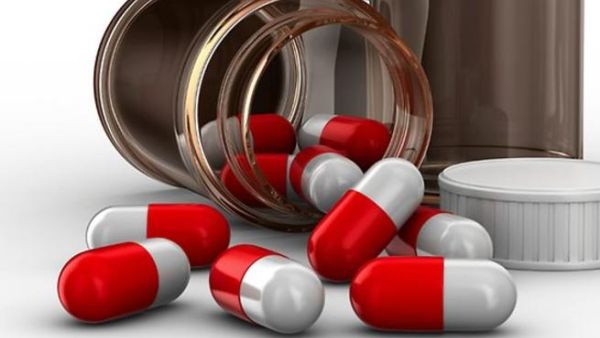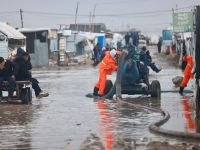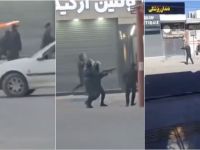The head of Dubai Police believes unrest in the Arab world is making life tougher for police forces in their fight to wipe out drugs.
Lieutenant General Dahi Khalfan bin Tamim delivered his message on the same day as the UN drug control agency raised the alarm about the spread of ‘designer’ drugs across the globe.
“Everybody knows about the disorder in the Arab world and this disorder has affected the performance of police departments on the inside and outside. This encourages drug dealers to conduct more smuggling operations,” Tamim said.
“It’s a big challenge for the police departments to fight against and we will see a huge impact when the unrest settles down more.”
In its warning, the UN said young people are being fooled by narcotics with names like Spice and meow-meow.
Dubai Police chief Tamim was speaking at the opening in Dubai of the ninth international drugs forum.
He stressed that a lack of cooperation between police departments around the world is also a big problem in stamping out illegal narcotics.
“The drugs issue is a complicated one in the Arab world as the criminal groups take advantage of our strategic location [as a transit hub] to smuggle drugs to the rest of the world,” he added.
The Dubai Police chief added: “These gangs change and develop their methods for moving drugs around. We need to prepare suitable strategies to intercept them.
Meanwhile, the UN yesterday warned against ‘designer’ drugs that are sold openly, and legally, in some countries. Such substances "can be far more dangerous than traditional drugs," the agency said in a statement accompanying its annual report.
"Street names, such as ‘Spice’, ‘meow-meow’ and ‘bath salts’ mislead young people into believing that they are indulging in low-risk fun.”
Last year, the UAE was the first Arab country to make Spice illegal. Anyone found taking the drug in the UAE faces a minimum of four years behind bars and those supplying it could be given the death penalty.
A six-page summary of the report by the UN Office on Drugs and Crime warned that "the international drug control system is foundering, for the first time, under the speed and creativity" of their proliferation.
It said countries worldwide reported 251 such substances by mid-2012, compared with 166 at the end of 2009. The problem, stated the report, is "hydra-headed" in that as fast as governments ban the drugs, manufacturers produce new variants.
Meanwhile, official statistics revealed by Dubai Police showed they seized 1.1 million pills of illegal painkillers between July 2012 and May 2013.
In total, one tonne of drugs was seized during this period amounting to 943 cases involving 1,257 suspects.
The Dubai Police chief added: “These gangs change and develop their methods for moving drugs around. We need to prepare suitable strategies to intercept them.”
Meanwhile, the UN yesterday warned against ‘designer’ drugs that are sold openly, and legally, in some countries. Such substances “can be far more dangerous than traditional drugs”, the agency said in a statement accompanying its annual report.
“Street names such as Spice, meow-meow and bath salts mislead young people into believing that they are indulging in low-risk fun.”
Last year, the UAE was the first Arab country to make Spice illegal.
A six-page summary of the report by the UN office on drugs and crime warned that “the international drug control system is foundering, for the first time, under the speed and creativity” of their proliferation.
Meanwhile, official statistics revealed by Dubai Police showed they seized 1.1 million pills of illegal painkillers between July 2012 and May 2013. In total, one tonne of drugs was seized during this period, amounting to 943 cases involving 1,257 suspects.








